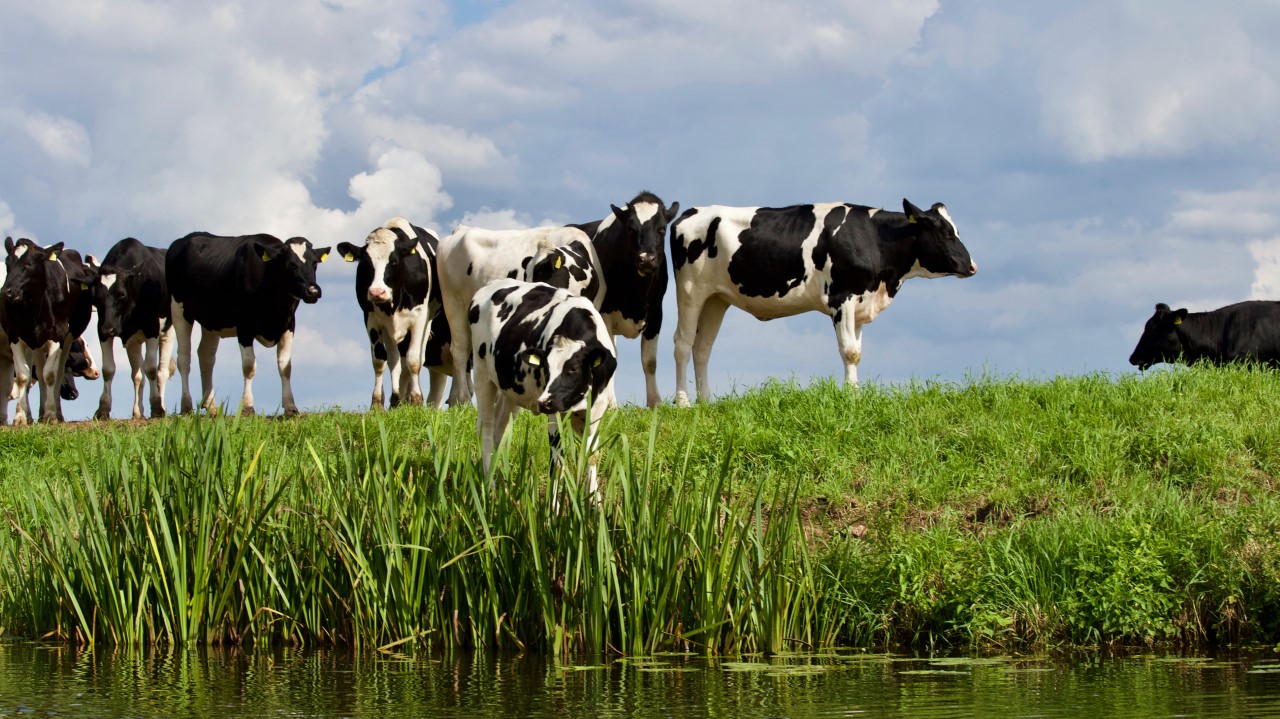



Canada greenlights funding for livestock producers who were affected by abattoir slowdowns
The Canadian government is providing financial assistance to cattle and hog producers who were affected by the slowdown of slaughterhouses during the COVID-19 crisis in 2020.The Federal Minister of Agriculture and Agri-Food, Marie-Claude Bibeau, and Quebec’s Minister of Agriculture, Fisheries and Food, André Lamontagne, announced the creation of the Canada-Quebec Livestock Assistance Initiative, $21.8 million in financial assistance intended to mitigate the consequences of COVID-19 in 2020-2021. The Initiative falls under the AgriRecovery response framework, which is part of the suite of Business Risk Management programs of the Canadian Agricultural Partnership.

In the spring of 2020, the rate of livestock slaughter slowed considerably. This has forced producers to keep the animals longer and has resulted in significant additional costs for them, in addition to posing risks to the health and welfare of the animals. The slowing of slaughter is the result of sanitary measures and the absence of some workers affected by the coronavirus, as well as a substantial drop in demand for large game meat caused by the reduction and cessation of hotel and restaurant activities.
“The health crisis caused by COVID-19 continues to put stress on food producers and processors and affect their operations. We are aware of the challenges they face and we are working with the Government of Quebec to financially support Quebec’s cattle, pig and large game producers. This initiative will help, among other things, to offset the costs generated by the temporary closure of certain slaughterhouses, to ensure animal welfare, and to preserve the food security of the people of Quebec and Canada,” Agriculture minister Bibeau said in a statement.
The assistance aims to offset part of the costs borne by livestock producers to keep animals awaiting slaughter on farms until normalcy is restored. La Financière agricole du Québec will manage applications for the Initiative until the assistance is paid.
The establishment of the Canada-Quebec Livestock Assistance Initiative fits into the objectives of the 2018–2025 Biofood Policy – Feeding Our World. It aims to support risk management and value chains by helping to maintain and adapt financial tools for agricultural risk management to cope with climate hazards and market conditions.
“The pandemic has reminded us of how crucial the bio-food sector is to maintaining the Quebec population’s access to a variety of quality foods. Our government, which is particularly sensitive to issues affecting the food supply chain, recognizes its leadership role. The situation of livestock producers who have to keep their animals on the farm longer than expected has generated considerable costs. Financial assistance to support them was necessary, and I am very happy that our two governments are supporting those who are working to feed our world,” said Mr André Lamontagne, Minister of Agriculture, Fisheries and Food and Minister responsible for the Centre-du-Québec Region.

Background
The costs of the Canada-Quebec Livestock Assistance Initiative are shared between the two governments:
- The federal government is injecting $13.086 million, or 60% of the total cost.
- The government of Quebec is contributing $8.724 million, or 40% of the total cost.
The following businesses are eligible for this assistance:
- Producers of feeder pigs;
- Producers of slaughter steers;
- Producers of large game, including red deer, elk, bison and wild boar.
The business must have kept its animals on the farm for a longer period than expected due to the COVID-19 pandemic, from the start of the pandemic until the end of the period concerned, which ended on 31 March 2021.
Businesses will be able to register for the Initiative as of 10 May. The deadline for registration is 30 July 2021.


